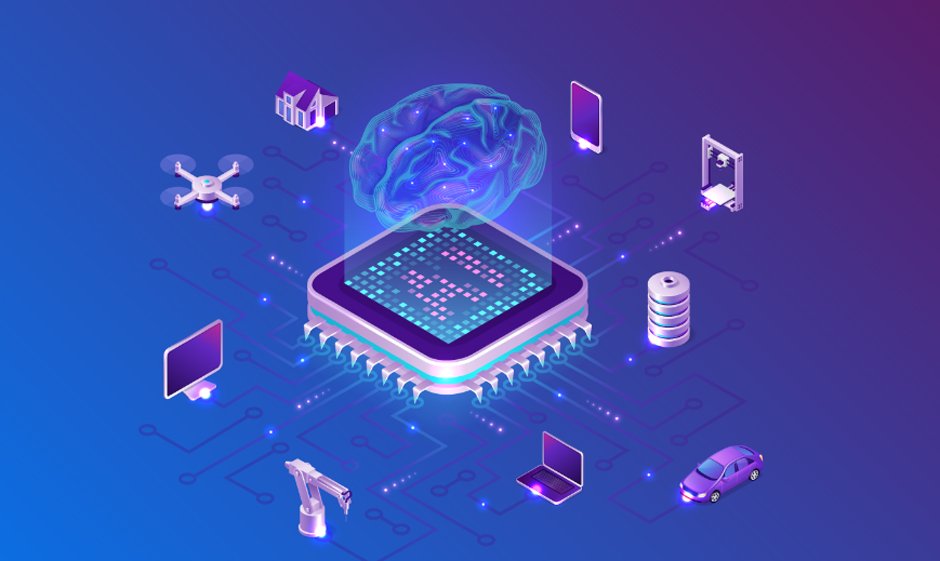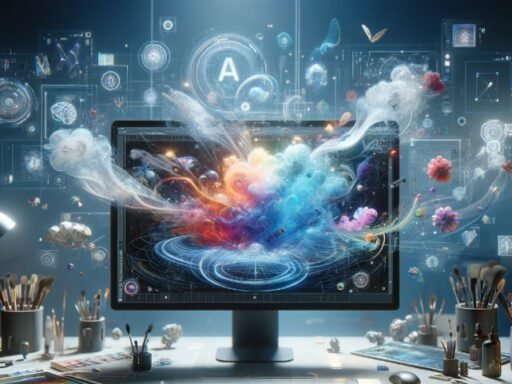In our fast-paced world, various types of AI wield a profound influence, subtly shaping our daily routines. These advanced technologies work quietly behind the scenes, enhancing our experiences from online interactions to home management. They curate personalized content, guide us through traffic, and optimize our homes for comfort and efficiency.
AI’s impact extends to healthcare, improving disease diagnosis and patient care, while in transportation, it streamlines commutes and public services. These silent companions simplify our daily tasks, making life more convenient. As we navigate our increasingly digitized world, AI’s role in shaping our routines is undeniable, promising even greater significance.
Online Shopping and Entertainment
AI’s impact on online shopping and entertainment is significant. E-commerce platforms use AI to analyze your shopping behavior, predicting what products might interest you. This personalization makes online shopping a tailored experience, where product recommendations feel specifically curated for each individual. This technology saves time by filtering out irrelevant options and simplifying decision-making.
Similarly, AI’s role in recommending movies, shows, and music is transformative in entertainment. Platforms analyze vast amounts of data about your viewing or listening habits to suggest content that aligns with your preferences. This personalized approach ensures that the content you encounter resonates with your tastes, enhancing your overall experience.
Communication and Social Interaction
AI has redefined communication and social interaction. AI algorithms filter out unwanted spam in our emails, making communication more efficient. Virtual assistants powered by AI have become commonplace in homes and workplaces, assisting with tasks and providing quick access to information.
AI tailors our feeds on social media to show engaging content, keeping us connected with our interests and communities. This personalization leads to a more relevant and engaging online experience, fostering connections and interactions in the digital world.
Smart Home Devices
The advent of AI in home devices has made everyday living more convenient. AI in smart home devices learns from our habits and preferences, automating tasks like adjusting the thermostat or turning off lights, contributing to a comfortable and energy-efficient home environment.
These devices respond to voice commands and provide personalized suggestions, like reminding you of upcoming appointments or suggesting recipes based on your eating habits. This level of personalization and automation makes daily routines smoother and more enjoyable.
Healthcare Improvements
In healthcare, AI is a game-changer. It aids in the early diagnosis of diseases through advanced image analysis, surpassing human accuracy in some cases. This early detection can lead to more effective treatments and better patient outcomes.
AI also plays a crucial role in managing patient data, providing insights that help in personalized treatment plans. This customization in healthcare leads to more patient-centric approaches, improving the overall quality of care.In addition, advanced technologies like SPR Assay further enhance precision medicine by enabling real-time monitoring of molecular interactions, facilitating quicker and more accurate diagnoses, and tailoring therapies to individual patients, ultimately revolutionizing healthcare delivery.
Transportation and Travel
In transportation, AI is enhancing both safety and efficiency. Navigation apps provide real-time traffic updates and optimal routes, significantly reducing travel time. For those using public transport, AI improves scheduling and route planning, enhancing the reliability of services.
In the automotive industry, AI-driven features like predictive maintenance, advanced driver-assistance systems, and, eventually, fully autonomous driving are set to revolutionize how we travel, making it safer and more efficient.
Adobe says, “Generative AI is a subset of narrow AI, but it offers a broad range of possibilities for creators of all kinds of content. Trained on enormous datasets, generative AI recognizes patterns in that data and concludes what it’s learned. Then it can take a text description and apply that machine learning to create new patterns and produce something new.”
From transforming our shopping experiences and streamlining communication to revolutionizing healthcare and transportation, types of AI are deeply embedded in our daily lives. As AI technology advances, its role in enhancing everyday experiences becomes more pronounced, making our lives more convenient and more connected and efficient.






